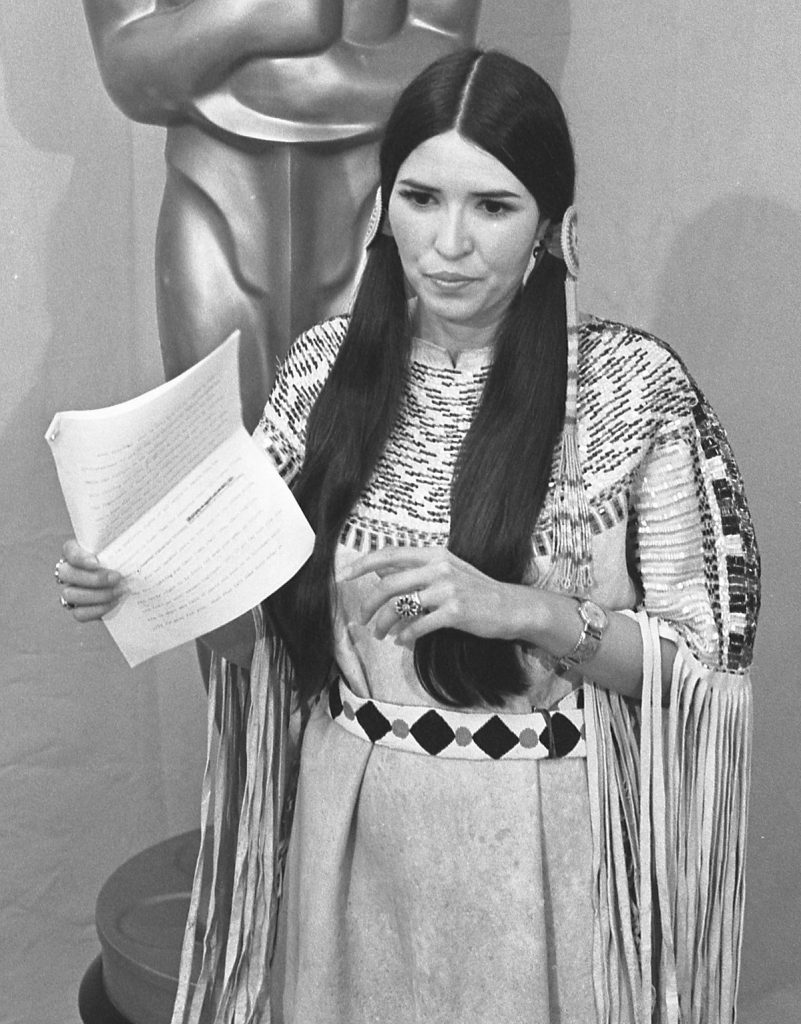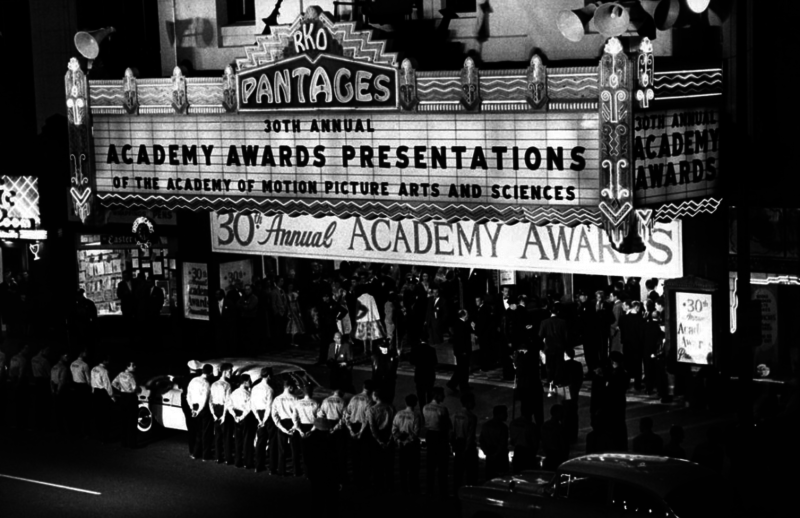The Oscars, also known as the Academy Awards, are the most prestigious awards in the film industry, recognizing the best talent in cinema every year. Since the first awards ceremony in 1929, the Oscars have become a symbol of excellence in the film industry, with winners receiving recognition for their outstanding achievements. In this article, we will delve into the history of the Oscars, how they have evolved over time, and some of the most memorable moments in its history.
History of the Oscars
The Academy Awards were first introduced by the Academy of Motion Picture Arts and Sciences in 1927, with the aim of recognizing and honoring excellence in the film industry. The first awards ceremony was held on May 16, 1929, at the Roosevelt Hotel in Hollywood, California. The ceremony was attended by 270 people, and the presentation of the awards took just 15 minutes.
Over the years, the Oscars have become a major event in the film industry, with millions of people tuning in to watch the ceremony every year. The awards are now presented in a glamorous ceremony, attended by some of the biggest names in Hollywood, and televised live to millions of viewers around the world.
Categories and Awards
The Oscars are presented in several categories, honoring the best in various aspects of filmmaking. The major categories include Best Picture, Best Director, Best Actor, Best Actress, Best Supporting Actor, Best Supporting Actress, Best Original Screenplay, and Best Adapted Screenplay. Other categories include Best Animated Feature, Best Documentary Feature, Best Foreign Language Film, Best Original Score, Best Original Song, and Best Visual Effects.
Evolution of the Oscars
The Oscars have evolved over time, reflecting changes in the film industry and society as a whole. In the early years of the awards, the categories were limited, with just a few awards presented to honor the best in the film industry. Over time, the number of categories has increased, reflecting the growing diversity and complexity of filmmaking.
One of the most significant changes in the Oscars came in 2001, when the Academy introduced a new category, Best Animated Feature. This category recognized the growing importance of animation in the film industry, and honored the best animated films of the year.
Another significant change in the Oscars came in 2009, when the Academy expanded the number of nominees for Best Picture from five to ten. This change was made to allow for more diversity in the nominees, and to recognize a broader range of films.

Memorable Moments in Oscar History
The Oscars have produced many memorable moments over the years, with winners delivering emotional speeches, unexpected surprises, and memorable performances. Some of the most memorable moments in Oscar history include:
- The streaker at the 1974 Oscars, when a naked man ran across the stage during the awards ceremony.
- Marlon Brando’s rejection of his 1973 Oscar for Best Actor, in protest of the treatment of Native Americans in the film industry.
- The Best Picture mix-up at the 2017 Oscars, when La La Land was initially announced as the winner, only to be corrected to Moonlight.
- Halle Berry’s emotional acceptance speech for Best Actress in 2002, becoming the first African American woman to win the award.
Conclusion
The Oscars are a symbol of excellence in the film industry, recognizing the best talent in cinema every year. Since the first awards ceremony in 1929, the Oscars have evolved and changed, reflecting the growth and diversity of the film industry. From memorable moments to emotional speeches, the Oscars have produced some of the most iconic moments in film history, and will continue to honor and recognize the best talent in the industry for years to come.



Comment here